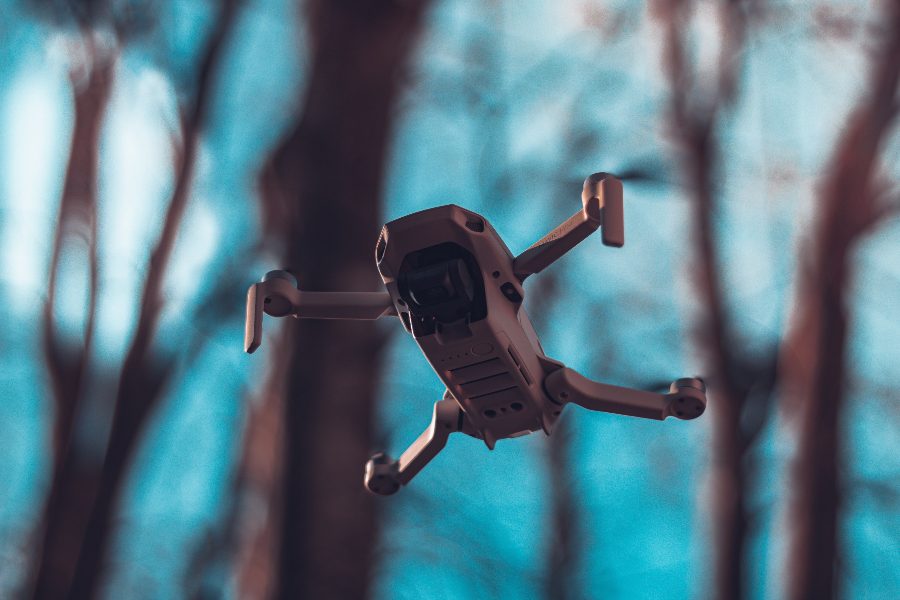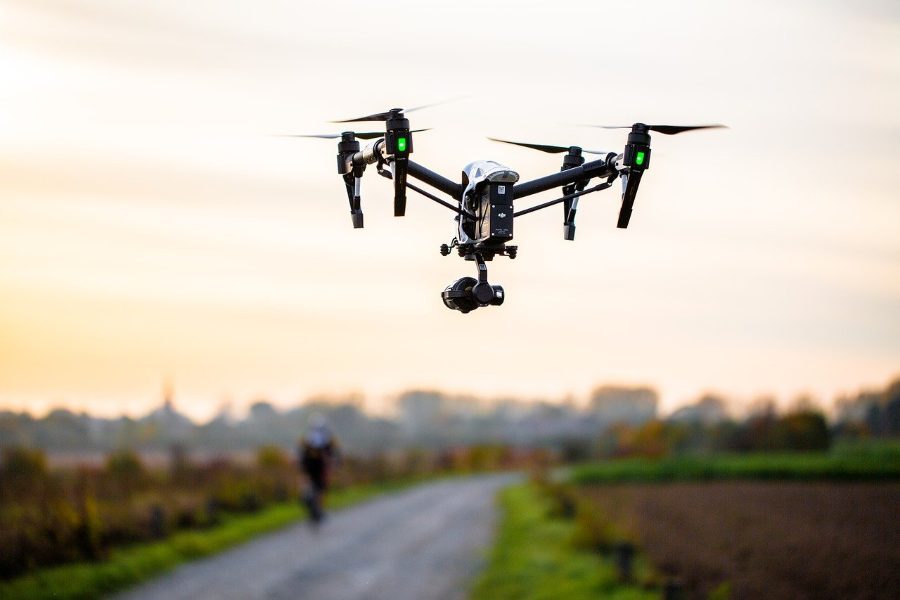DJI Is Funded by the Chinese Government, New Reporting Finds
BY Zacc Dukowitz
8 February 2022For years now, DJI has denied that it receives funding from the Chinese government.
But new reporting from the Washington Post reveals that the drone giant has actually received funding from “several state-backed investors.”
Reviewing documents found on state-owned websites and pulling from analysis conducted by a research group called IPVM, reporters have determined that four investment bodies tied to the Chinese government have invested in DJI over the last few years.
If SASAC isn’t the PRC [People’s Republic of China] government, I don’t know what is. If SASAC has invested in you, that means the Chinese government has invested in you.
– Charles Rollet, Analyst at IPVM
Most notably, one of the investors tied to the government is a state asset manager who has pledged to play a key role in “promoting partnerships between private enterprises and the Chinese military.”
The four funds tied to the Chinese government that list DJI as an investment reportedly include:
- Guangdong Hengjian Investment Holding—overseen by the Chinese government.
- SDIC Unity Capital—overseen by a state-owned investment holding company approved by China’s State Council.
- Shanghai Venture Capital Guidance Fund—overseen by the Shanghai Municipal Government.
- China Chengtong Holdings Group—overseen by Beijing’s State-owned Assets Supervision and Administration Commission (SASAC).
DJI is not a publicly traded company, which means that it doesn’t have to disclose its investors. And this is part of how the ties between the company and the government in Beijing have remained hidden for so long.
According to the Washington Post, DJI declined to comment when asked whether funds controlled by the Chinese government were investors, stating only:
DJI is privately held. The company is solely managed by and majority-owned by the founder team. Shareholders other than the founders do not participate in the company’s management and operation.
– Adam Lisberg, Spokesman for DJI
DJI and Privacy
What might be most striking about this reporting is the lack of response from DJI.
Although the Washington Post’s article came out a week ago, DJI hasn’t issued a statement about the accusations on its website or Twitter account, which is unusual. In the past, when facing negative press about privacy concerns and ties to the Chinese government, the company has quickly and vehemently pushed back in public statements.
DJI has been the focus of privacy concerns in the U.S. since 2017, when the U.S. Army issued a blanket ban on all DJI drones.
Here’s a brief history of events surrounding DJI’s ties to the Chinese government and related privacy concerns:
As you can see in the list below detailing the privacy accusations, almost every time one is made DJI has responded:
- August, 2017. The U.S. Army issues a blanket ban on all DJI drones based on allegations that DJI’s drones were secretly configured to collect and send user data back to DJI.
- October, 2017. DJI responds by releasing Local Data Mode, which allows pilots to fly without any data being shared.
- November, 2017. An internal memo is leaked from the Department of Homeland security saying that DJI is using its drones to collect sensitive information in the U.S. and share it with the Chinese government.
- April, 2018. DJI hires San Francisco-based Kivu Consulting, Inc. to review its privacy practices. The resulting report absolves DJI of malicious or negligent data sharing practices, but privacy concerns linger.
- May, 2019. The Department of Homeland Security (DHS) issues an advisory in which it warns companies that their data may be at risk if they use drones made in China.
- June, 2019. DJI issues Government Edition, a line of drones made to ensure complete privacy of data, including photos, video, and locational data. At the same time, DJI announces that it will begin making drones within the U.S. and sends an open letter to the Senate Committee on Commerce, Science, and Transportation and the Senate Subcommittee on Security.
- October, 2019. DHS issues a report clearing the DJI Matrice 600 and Mavic Pro of cybersecurity concerns. The same month, the Interior Department temporarily grounds its entire drone fleet due to cybersecurity concerns.
- January, 2020. The Interior Department extends the grounding of its drones indefinitely due to concerns of Chinese spying. DJI publishes a statement calling the action “politically motivated” the day it is announced.
- December, 2020. The U.S. Department of Commerce places DJI on its “entity list,” which is a list of “entities . . . acting contrary to the national security or foreign policy interests of the United States.
- January, 2021. The American Security Drone Act is included in the U.S. Innovation and Competition Act, which includes a ban on Chinese drones that seems targeted at DJI.
- June, 2021. A leaked Pentagon report determines that the DJI Government Edition Matrice 600 and DJI Government Edition Mavic Pro have been cleared for government use.
- December, 2021. DJI is one of eight companies added to a U.S. investment blacklist by the Treasury Department.
And now we can add another chapter—reporting that finds connections in funding between the Chinese government and DJI.
What Does This Mean for You?
Big picture, this news doesn’t mean that much for your average DJI drone owner, of which there are hundreds of thousands in the U.S.
If you own a DJI drone you can continue flying it, both for work at a private company or for fun, without any major implications from this news.
[If you’re worried about whether DJI is sharing your data, you can take these steps.]
However, if you work for a government agency—whether federal, state, county, or city—you might have reason to worry.
The state of Florida recently released a list of drones approved for government use. The drones on the list are the same ones on the Pentagon’s Blue UAS list—and DJI isn’t included.

Credit: DJI
This is a problem for many governmental agencies that use drones, and especially for public safety agencies, of which about 90% use DJI drones.
Unless public safety agencies are given the funds to replace almost all of their drones—and most of the replacements will cost more than their DJI counterparts, in addition to the lost funds for the DJI models that can’t be used—we may see a sweeping loss of drones by emergency responders over the next few years.




